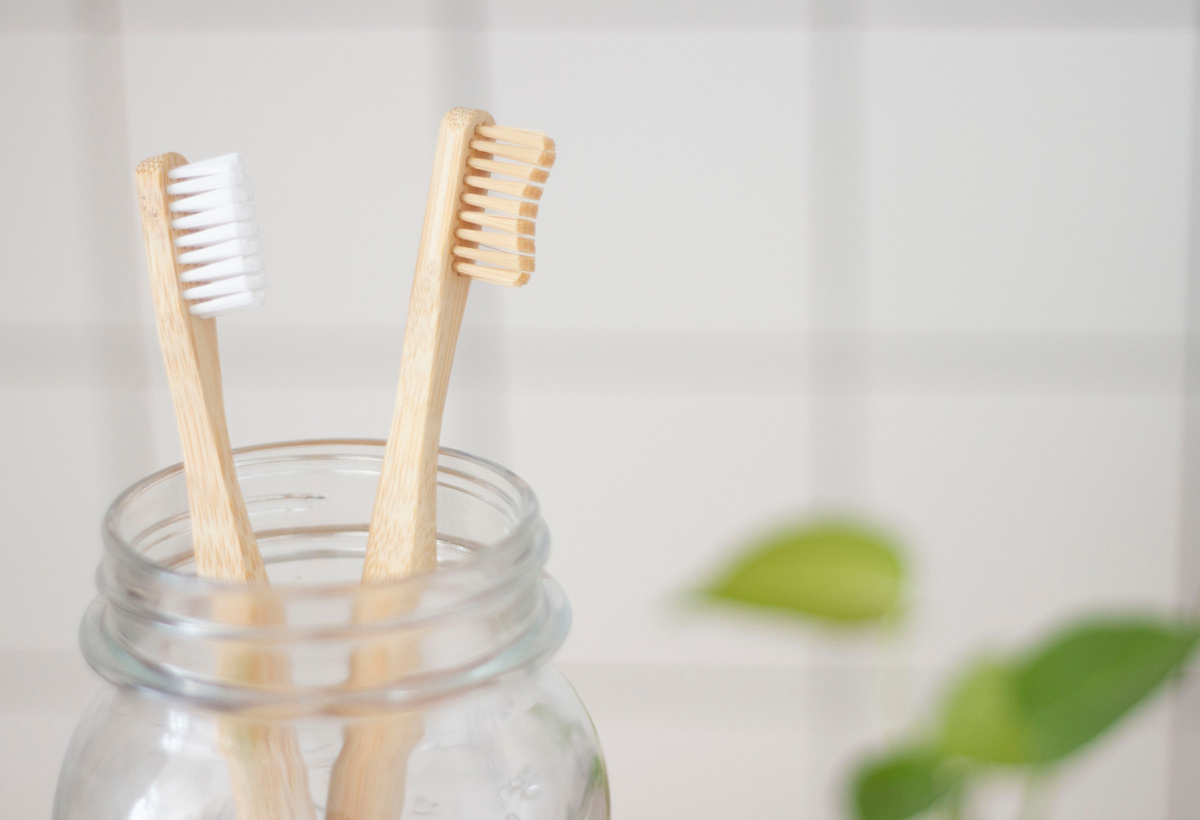
Background
Tooth decay and gum diseases are among the most prevalent chronic diseases in both children and adults, most of these issues stem from an accumulation of dental plague and failure in teeth care. Although regular tooth brushing is recommended by the American Dental Association, today?s electric toothbrushes don?t detect the quality of tooth brushing. This application utilizes a learning algorithm to detect tooth brushing activity. The system is able to collect data in regards to surface coverage and brushing frequency.
Technology
Using real-time feedback, the application is able to detect a variety of different gestures. The watch is connected to a hand held device using Blue tooth, sending results to be displayed and creating a brushing quality assessment. Incorrect tooth brushing technique is less effective and may lead to the permanent damage of the enamel.
Advantages
Extensive evaluation results demonstrate that the design reliably detects the brushing activity with 96.4% accuracy, and recognizes gestures of brushing different surfaces of teeth with 83.6% accuracy.
Inventors
Shan Lin, Assistant Professor, Electrical Engineering
Licensing Potential
Development partner - Commercial partner - Licensing
Licensing Status
Available for license. Stony Brook seeks to develop and commercialize, by an exclusive or non-exclusive license agreement and/or sponsored research, with a company active in the area.
Licensing Contact
Donna Tumminello, Assistant Director, Intellectual Property Partners, donna.tumminello@stonybrook.edu, 6316324163
Patent Status
Patent application submitted - Provisional patent
US Provisional Filed
Tech Id
8820
